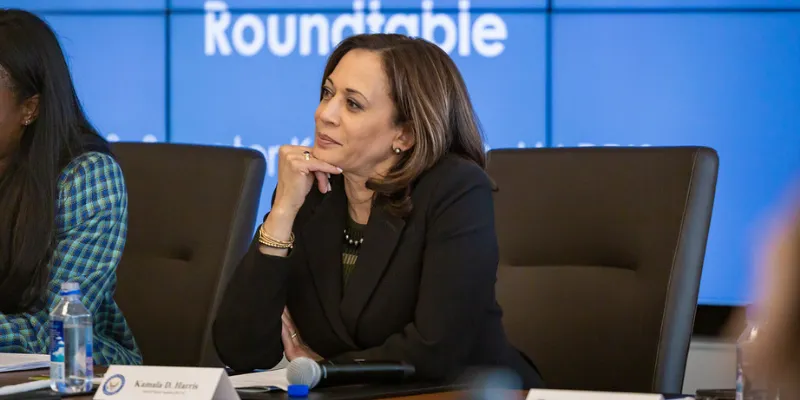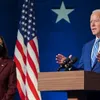Steps in the right direction – 5 milestones that celebrated women’s equality in 2020
As we look at the challenging year that passed us by, these milestones took the world a few steps closer to equality.
The world is paving the way for gender equality – a few decisions and events made it evident this year.
In this unprecedented year, women’s leadership led the way when leaders like Taiwanese President Tsai Ing-wen contained the pandemic to the extent that the country reported only seven lives lost to COVID-19 while the world was grappling with a death toll that ran into millions.
This is not to sugarcoat the fact that the pandemic may have sharpened the existing gender inequalities where women had to deal with a greater brunt of it in terms of unemployment and shouldering the pressure of more housework, and increased domestic violence, as studies have shown.
To tackle these challenges and embrace the defining moments for equality, here are some milestones we must celebrate, in tribute to womanhood.
New Zealand sees the country’s most diverse cabinet

Picture courtesy: Priyanca Radhakrishnan's Facebook account)
Jacinda Ardern’s resounding victory for the second term in October 2020 was followed by an impressive mix of diverse leaders she appointed to her cabinet.
It includes many firsts such as Priyanca Radhakrishnan who became the first Indian-origin Minister in New Zealand and Nanaia Mahuta of Maori ethnicity who became the first indigenous female foreign minister of the country.
Priyanca who hails from Kerala entered party politics as a policy adviser to former MP Phil Goff in 2006 and went on to became a member of parliament from the Labour Party in 2017.
It should be noted that this is not the first time PM Jacinda Ardern’s leadership is winning the world. She was lauded for promptly and effectively acting on the Christchurch attack where more than 50 people died in 2019.
Kamala Harris makes history

The United States of America’s first woman vice president-elect Kamala Harris marked many firsts with her victory, proudly representing her mixed heritage as a black and South Asian woman.
The 56-year-old started her career at the Alameda County District Attorney's Office, served as the District Attorney of the City and County of San Francisco in 2003, and went on to become the first African-American and first woman to serve as California's Attorney General.
Born to an Indian mother and Jamaican father who met at the University of California Berkeley, Kamala is the leading voice for inclusivity.
Kamala, who was recently named as the Time Person of the Year along with Joe Biden, said, “I may be the first, but I will not be the last. It’s on those of us leading the way to leave the door more open than it was when we walked in.”
Bhutan decriminalises homosexuality
In June this year, the parliament of the Himalayan kingdom of Bhutan voted to decriminalise homosexuality by repealing two sections of the 2004 criminal code, which described "unnatural sex" as a legal offence.
Finance Minister Lyonpo Namgay Tshering went on to state that while the law was never implemented and that the keeping redundant law damages the country's reputation when the community is accepting of all people.
Scotland makes period products free
Scotland became the first country in the world to provide free period products like tampons and sanitary napkins to women of all ages, thanks to MSP Monica Lennon who has been campaigning to end period poverty since 2016 and introduced Period Products (Free Provision) (Scotland) in April this year.
The bill was approved last month, placing a legal duty on local authorities to ensure period products are available to all in need. Two years ago, it became the first country to make period products available in schools and colleges.
Monica believes the historic decision will “make a difference to the lives of women and girls and everyone who menstruates.”
Tamil Nadu provides free sanitary products in government schools and hospitals
India is also recognising the importance of women’s hygiene as the state of Tamil Nadu recently extended Menstrual Hygiene Scheme – which was practised in rural areas of the state – to cities as well. According to the scheme, girls and women can avail free sanitary napkins in government schools and hospitals in Tamil Nadu and have dedicated a fund of Rs 44 crore for the same.
First introduced by late former Chief Minister J Jayaliathaa in 2011 to uplift girls and women in rural areas, the scheme will now reach around 1,000 health centres in the metro cities and several schools.
This is a huge step considering nearly 215 million women out of 336 million menstruating women in India do not have access to hygienic products, according to the National Family Health Survey 2015-2016. The lack thereof results in not being able to claim opportunities including school dropouts once girls start getting period.
Edited by Rekha Balakrishnan









